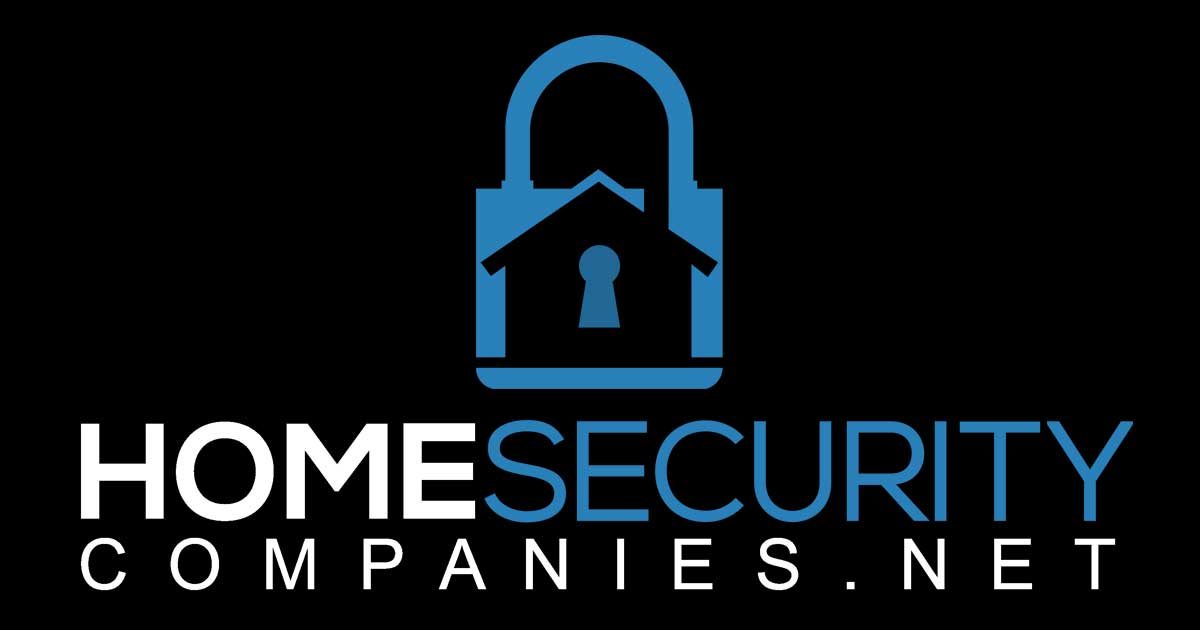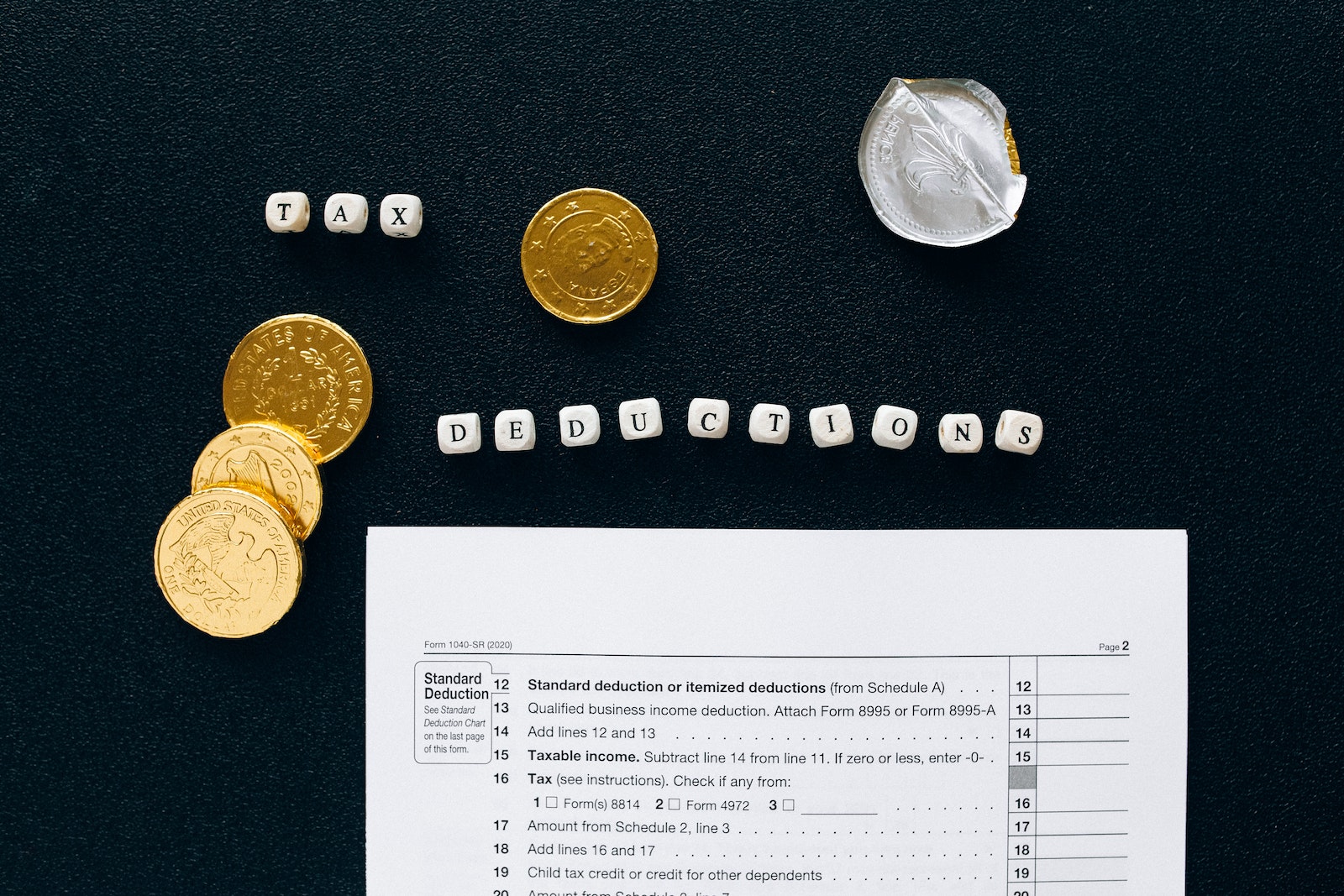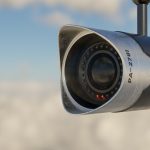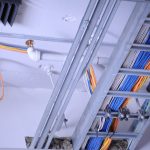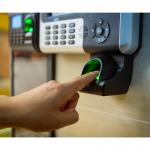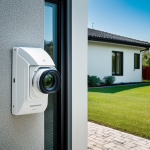Table of Contents
- Introduction to Tax Benefits for your Home Business
- Eligibility for Deductions
- Types of Deductions
- Supporting Documentation
- Other Considerations
- Conclusion
- Frequently Asked Questions
Introduction to Tax Benefits for your Home Business
Starting a home business can be an exciting and rewarding venture, but it also comes with many responsibilities, including ensuring the safety and security of your property. One area that many home business owners may not consider is the potential tax benefits of their home security expenses.
In this article, we will explore the eligibility criteria, types of deductions, and necessary documentation for claiming home security expenses on your taxes.
To be able to deduct home security expenses, it is essential to first establish that your home qualifies as a business location. This means that you must regularly use a specific area of your home exclusively for your business.
Additionally, you must be able to demonstrate that the security expenses you incur are directly related to your business, such as installing a security system to protect business equipment or monitoring fees for a system that monitors your business’s security.
When it comes to types of deductions, you can deduct the cost of installing security systems, such as alarm systems or cameras, as well as ongoing security expenses, such as monitoring fees. However, it’s essential to keep in mind that there are limits on the amount that can be deducted.
To claim deductions for home security expenses, you will need to provide documentation to support your claims, such as receipts, invoices, and contracts. Also, it’s important to maintain accurate records of your expenses to ensure that you can provide the necessary documentation when needed.
It’s also important to note that deducting home security expenses may affect other deductions, such as mortgage interest, and that tax laws are subject to change. This article aims to provide you with a comprehensive understanding of how to claim home security expenses on your taxes, but it’s always recommended to consult with a tax professional for personalized advice.
Eligibility for Deductions
The first step in determining your eligibility for deducting home security expenses is to establish that your home qualifies as a business location. This means that you must regularly use a specific area of your home exclusively for your business.
For example, if you have a separate room or area that you use specifically for conducting business, such as an office or workshop, that area would qualify as a business location. However, if you use a common area of your home, such as a living room, for both personal and business purposes, you would not be able to claim the expenses related to that area as a business expense.
It’s also important to be able to demonstrate that the security expenses you incur are directly related to your business. For instance, if you install an alarm system to protect business equipment or if you have a security system that monitors your business’s security and you pay monitoring fees, these expenses would be considered directly related to your business.
However, if you install a security system for personal reasons, such as to protect your family and personal property, you would not be able to claim the expenses as a business expense.
Types of Deductions
Once you have established that your home qualifies as a business location and that the security expenses are directly related to your business, you can then move on to claiming the deductions. You can deduct the cost of installing security systems, such as alarm systems, cameras, and other security equipment, as well as ongoing security expenses, such as monitoring fees.
Keep in mind that there are limits on the amount that can be deducted, and it’s important to consult with a tax professional or refer to the IRS guidelines to understand the limits.
Supporting Documentation
When it comes to claiming deductions for home security expenses, it’s essential to have the necessary documentation to support your claims. This includes receipts, invoices, and contracts for any security systems or equipment that you have purchased, as well as records of ongoing expenses such as monitoring fees.

To claim deductions for the cost of installing security systems, such as alarm systems or cameras, you will need to provide documentation that shows the cost of the equipment, as well as any installation or labor costs. For ongoing security expenses, such as monitoring fees, you will need to provide documentation that shows the cost of the service and the period for which it was incurred.
It’s also important to maintain accurate records of your expenses to ensure that you can provide the necessary documentation when needed, such as keeping track of the date of purchase, the cost, and the purpose of the expense. This will help you to stay organized and to make sure that you have all the information you need to claim the deductions.
Other Considerations
When claiming deductions for home security expenses, there may be other considerations that could affect your overall tax situation. One such consideration is how deducting home security expenses may affect other deductions.
For example, if you are claiming deductions for home security expenses and you also claim deductions for mortgage interest, the total amount of deductions you can claim may be limited. As such, it’s important to consider the impact on your overall tax situation before claiming the deductions.
Another consideration is how changes in tax laws may affect your deductions. Tax laws are subject to change, and it’s important to stay informed about any changes that may affect your deductions for home security expenses.
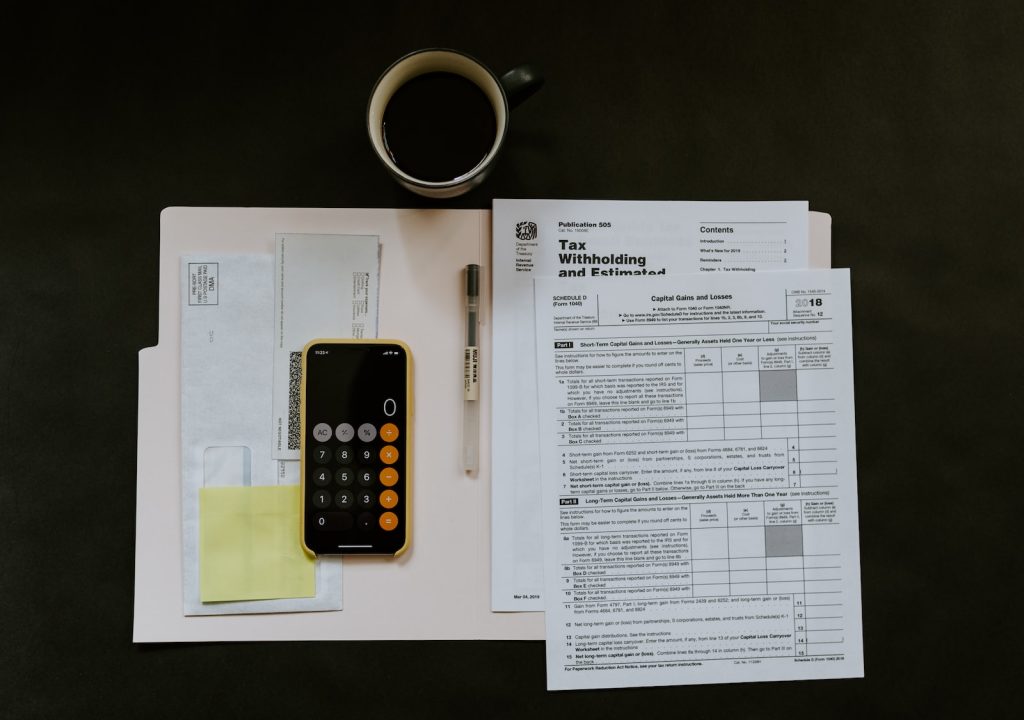
This may include changes in the amount that can be deducted, new requirements for documentation, or changes in the criteria for claiming deductions. It is highly recommended to seek the guidance of a tax professional for personalized advice and to stay informed about any changes in tax laws.
It is also important to note that the deductions for home security expenses may also depend on the type of business you own, and it’s always best to consult with a tax professional to ensure that you are taking advantage of all available deductions.
Conclusion
Deducting home security expenses for your home business can be a valuable way to reduce your tax liability and improve your business’s bottom line. However, it’s essential to understand the eligibility criteria, types of deductions, and necessary documentation for claiming these deductions.
By establishing that your home qualifies as a business location, demonstrating that the security expenses are directly related to your business, and maintaining accurate records of your expenses, you can claim the deductions for home security expenses. Additionally, it’s important to keep in mind that deducting home security expenses may affect other deductions, such as mortgage interest, and that tax laws are subject to change.
Therefore, it’s always recommended to consult with a tax professional for personalized advice on how to claim home security expenses on your taxes.
Frequently Asked Questions
Yes, you may be able to deduct your home security expenses if you use a specific area of your home exclusively for your business and the expenses are directly related to your business.
You can deduct the cost of installing security systems, such as alarm systems, cameras, and other security equipment, as well as ongoing security expenses, such as monitoring fees.
You will need to provide documentation such as receipts, invoices, and contracts for any security systems or equipment that you have purchased, as well as records of ongoing expenses such as monitoring fees.
Deducting home security expenses may affect other deductions, such as mortgage interest, so it’s important to consider the impact on your overall tax situation before claiming the deductions.
Yes, tax laws are subject to change, so it’s always recommended to consult with a tax professional for personalized advice and stay informed about any changes in tax laws that may affect your deductions.
